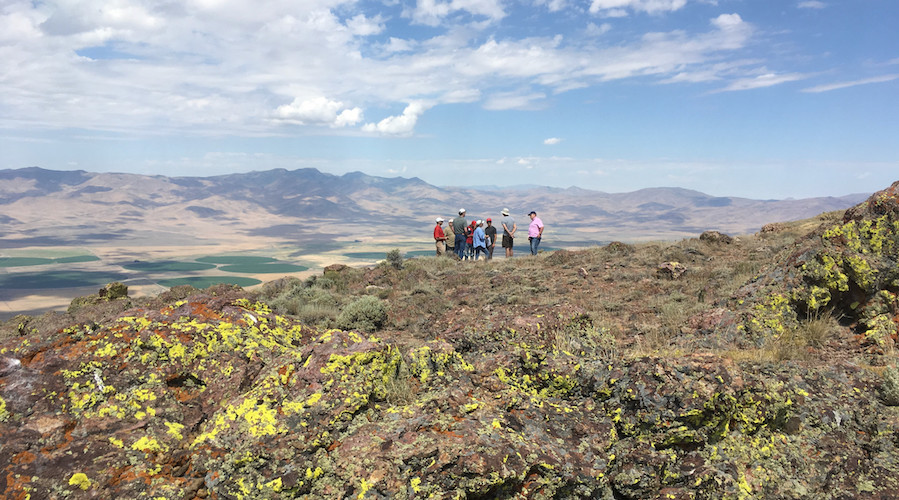US Energy Dept finalizes $2.26bn loan for Lithium Americas’ Nevada mine

The US Department of Energy finalized a $2.26 billion loan for Lithium Americas on Monday to build Nevada’s Thacker Pass lithium mine, one of Washington’s largest mining industry investments and part of a broader push to boost critical minerals production.
The loan, provisionally approved in March, is a key part of US President Joe Biden’s efforts to reduce dependence on lithium supplies from China, the world’s largest processor of the electric vehicle battery metal. Biden officials permitted a similar lithium project under development by ioneer last week.
The Thacker Pass project is slated to open later this decade and be a key supplier to General Motors, which earlier this month boosted its investment in the mine to nearly $1 billion.
“The Biden-Harris Administration recognizes mineral security is essential to winning the global clean energy race,” said Ali Zaidi, the White House national climate advisor.
Former President Donald Trump had permitted the mine just before leaving office. Initial construction at the site, just south of Nevada’s border with Oregon, started last year after the company won a long-running and complex court case brought by conservationists, ranchers and Indigenous communities.
With the loan now closed, Vancouver-based Lithium Americas plans to start major construction, a process that could take three years or longer. The mine’s first phase is expected to produce 40,000 metric tons of battery-quality lithium carbonate per year, enough for up to 800,000 EVs.
The project is expected to employ about 1,800 people during construction, and provide 360 full-time jobs once the mine is operational. The loan will have a 24-year term, with interest rates based on the US Treasury rate as each tranche is drawn.
“This essential loan helps us reduce dependence on foreign suppliers and secure America’s energy future,” said Lithium Americas CEO Jon Evans.
The mine’s cost had been increased from a previous estimate of $2.27 billion to nearly $2.93 billion due to higher engineering costs, an agreement to use union labor, and the company’s decision to build a housing facility for workers and their families in the remote region.
(By Ernest Scheyder; Editing by Richard Chang)
{{ commodity.name }}
{{ post.title }}
{{ post.date }}




Comments
Marsha Avery
Another giant leap toward killing our planet and everything connected to it, but someone will make zillions of money.